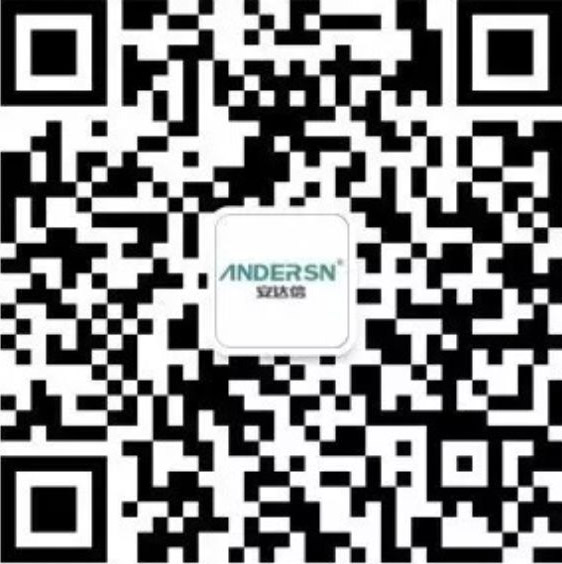1.0 SCOPE
This standard contains the installation requirements for suppression mode sprinklers, which include:
• K14.0(K200), K16.8(K240), K22.4(K314) and K25.2(K360) pendent suppression mode sprinklers
• K14.0(K200) upright suppression mode sprinklers
These sprinklers are intended for use in protecting solid-piled, palletized, and open-frame rack storage, as
well as other storage configurations for which they have been specifically evaluated. They are not intended
for use in protection of manufacturing or other non-storage occupancies.
It is easy to assume that suppression mode sprinklers which can suppress a high-challenge storage fire
will have no problem with ‘‘less hazardous’’ occupancies. But such a conclusion ignores the fact that suppression
mode sprinklers were designed to achieve suppression of a very specific and limited range of fire
scenarios, and have only been tested in those scenarios. Not only are suppression mode sprinklers not an
economically practical means of protection for non-storage occupancies, there are many occupancies which
do not lend themselves to suppression mode protection and simply cannot be properly protected by
suppression mode sprinklers. Specific examples include flammable liquid operations, occupancies with
shielded combustibles, etc.
Suppression mode sprinkler technology offers a number of attractive advantages over the older controlmode
sprinkler technology. Chief among these is the possible elimination of the requirement for in-rack sprinklers
in rack storage areas. Achieving these advantages requires a sprinkler technology vastly different from
previous technologies, a technology, however, which has much less tolerance for deficiencies in design and
installation than older technologies. If suppression mode sprinklers fail to suppress a fire, the consequences
can be severe. Thus, this new technology demands a far higher level of attention to detail in sprinkler design,
and – perhaps even more importantly – installation.
Properly functional suppression mode sprinkler installations require that the unique requirements of this technology
be compatible with the facility they will protect. As a result, retrofitting of suppression mode sprinklers
in existing facilities, if possible at all, can be a costly and frustrating exercise.
For new facilities, suppression mode sprinkler requirements must be incorporated into the design process
from the earliest stages of planning. If the building design is completed before sprinkler design is begun, it
can result in costly changes and delays. If construction starts before the sprinkler design is done, it is entirely
possible that use of suppression mode sprinklers will be impossible.
1.1 Changes
In addition to major organizational changes, this standard includes the following technical changes:
• Discussion of suppression mode sprinklers other than K14.0 (K200) pendent suppression mode sprinklers
is incorporated. (K16.8 (K240), K22.4(K314) and K25.2 (K360) pendent suppression mode and K14.0
(K200) upright suppression mode).
• Individual isolated obstructions are no longer permitted.
• Discussion of obstructions has been significantly expanded.
• Construction types are addressed in terms of performance requirements, not definitions.
This standard contains the installation requirements for suppression mode sprinklers, which include:
• K14.0(K200), K16.8(K240), K22.4(K314) and K25.2(K360) pendent suppression mode sprinklers
• K14.0(K200) upright suppression mode sprinklers
These sprinklers are intended for use in protecting solid-piled, palletized, and open-frame rack storage, as
well as other storage configurations for which they have been specifically evaluated. They are not intended
for use in protection of manufacturing or other non-storage occupancies.
It is easy to assume that suppression mode sprinklers which can suppress a high-challenge storage fire
will have no problem with ‘‘less hazardous’’ occupancies. But such a conclusion ignores the fact that suppression
mode sprinklers were designed to achieve suppression of a very specific and limited range of fire
scenarios, and have only been tested in those scenarios. Not only are suppression mode sprinklers not an
economically practical means of protection for non-storage occupancies, there are many occupancies which
do not lend themselves to suppression mode protection and simply cannot be properly protected by
suppression mode sprinklers. Specific examples include flammable liquid operations, occupancies with
shielded combustibles, etc.
Suppression mode sprinkler technology offers a number of attractive advantages over the older controlmode
sprinkler technology. Chief among these is the possible elimination of the requirement for in-rack sprinklers
in rack storage areas. Achieving these advantages requires a sprinkler technology vastly different from
previous technologies, a technology, however, which has much less tolerance for deficiencies in design and
installation than older technologies. If suppression mode sprinklers fail to suppress a fire, the consequences
can be severe. Thus, this new technology demands a far higher level of attention to detail in sprinkler design,
and – perhaps even more importantly – installation.
Properly functional suppression mode sprinkler installations require that the unique requirements of this technology
be compatible with the facility they will protect. As a result, retrofitting of suppression mode sprinklers
in existing facilities, if possible at all, can be a costly and frustrating exercise.
For new facilities, suppression mode sprinkler requirements must be incorporated into the design process
from the earliest stages of planning. If the building design is completed before sprinkler design is begun, it
can result in costly changes and delays. If construction starts before the sprinkler design is done, it is entirely
possible that use of suppression mode sprinklers will be impossible.
1.1 Changes
In addition to major organizational changes, this standard includes the following technical changes:
• Discussion of suppression mode sprinklers other than K14.0 (K200) pendent suppression mode sprinklers
is incorporated. (K16.8 (K240), K22.4(K314) and K25.2 (K360) pendent suppression mode and K14.0
(K200) upright suppression mode).
• Individual isolated obstructions are no longer permitted.
• Discussion of obstructions has been significantly expanded.
• Construction types are addressed in terms of performance requirements, not definitions.

